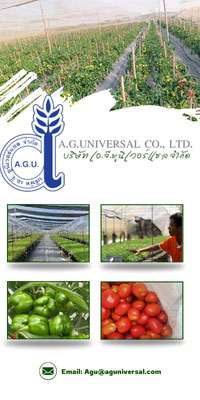The Australian Bureau of Agricultural and Resource Economics and Sciences (ABARES) has released the report The value of Australia’s biosecurity system at the farm gate: an analysis of avoided trade and on farm impacts.
The report considers the effect on farm profits of an outbreak of six potentially significant biosecurity threats to Australian agriculture: foot and mouth disease, Mexican feather grass, citrus greening, highly pathogenic avian influenza, Karnal bunt and red imported fire ants.
The value of biosecurity is estimated as the on-farm costs and losses avoided due to biosecurity efforts that target the pathways through which pests, diseases and weeds enter, become established and spread throughout Australia. Avoided costs and losses include expenditures on control measures for damage mitigation, and diminished revenue arising from production losses and export market losses.
ABARES estimates that Australia’s biosecurity system improves the annual profits of the average broadacre farms assessed in the study by $12,000 to $17,500.





















